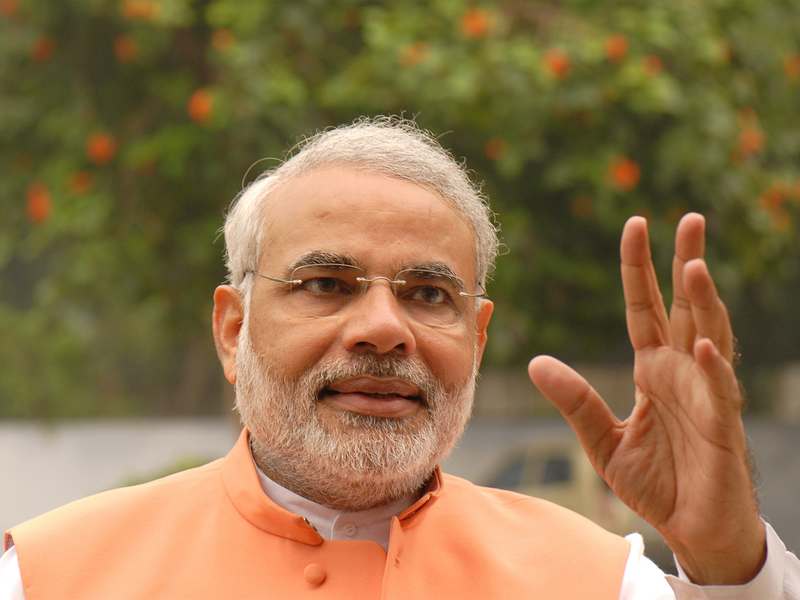
In 2002, Daniel Kahneman won the Nobel Prize in Economics. Kahneman is not an economist but a psychologist. In fact, he won the prize for research he had carried out with another psychologist, Amos Tversky.
Tversky did not win the Nobel Prize because he died of cancer in 1996. The Nobel Prize is not awarded posthumously. One of the great stories about Tversky is about he and his wife going to the movies. On many occasions Tversky would be back home just 20 minutes later.
As author Michael Lewis writes in The Undoing Project—A Friendship That Changed the World: “Amos would have decided in the first five minutes, whether the movie was worth seeing—and if it wasn’t he’d just come home and watch Hill Street Blues(his favourite TV drama) or Saturday Night Live(he never missed it) or an NBA game(he was obsessed with basketball).”
“They’ve already taken my money,” he would explain. “Should I give them my time, too?”
Tversky was basically not becoming a victim of what is called the sunk cost fallacy. Once we have sunk money or our reputation into a deal we would rather make the best of it than go back on it. The sunk cost fallacy leads to an escalation of commitment. Let’s take a few examples. Tversky chose to walk out of a movie he did not like. But how many of us choose to do that? We choose to waste our time after having wasted our money.
Or take the case of something as simple as reading a book. Within the first 50 pages of the book it is more or less clear, whether we are liking the book or not. But even in situations when we are not liking the book we tend to complete reading it.
Escalation of commitment can go much beyond this. As Yuval Noah Harari writes in Homo Deus—A Brief History of Tomorrow: “Business corporations often sink millions into failed enterprises, while private individuals cling to dysfunctional marriages and dead-end jobs.”
Kahneman, who I mention earlier in the column, defines the sunk cost fallacy in his book Thinking, Fast and Slow, as: “The decision to invest additional resources in a losing-account.”
The sunk-cost fallacy is visible both in private businesses as well as government projects. Investments in many projects which are failing and floundering continue to be made. Good money continues to be thrown after bad money. While this does not make sense for the company and the government on the whole, it makes tremendous sense from the CEO running the firm or the head of the government.
As Kahneman writes: “The escalation of commitment to failing endeavours is a mistake from the perspective of the firm but not necessarily from the perspective of the executive who “owns” a floundering project. Cancelling the project will leave a permanent stain on the executive’s record, and his personal interests are perhaps best served by gambling further with the organisation’s resources in the hope of recouping the original investment—or at least in an attempt to postpone the day of reckoning.”
Something similar is happening in the case of demonetisation. It was more or less clear within ten days of announcing demonetisation that the government had botched up big-time. The initial goal of demonetisation was to tackle black money and fake notes. Since then the narrative has been moved to digital and cashless transactions. This in a country where 98 per cent of the consumer transactions happen in cash, internet connections outside cities can’t be relied on and a major section of the population, does not own a smart phone. On top of this, nearly one-fourth of the population is illiterate.
It would have made sense for the government to pull the plug on demonetisation very quickly. But that would have meant a stain on the record of prime minister Narendra Modi. Hence, it has continued with changing narratives.
Now the government is even planning to start a lottery in order to justify demonetisation. It’s throwing good money after bad. It has given out an email id asking citizens to mail information about people who have black money. This is Orwellian. And finally, it has launched another tax amnesty scheme.
The sunk cost fallacy is playing out real time.
The column was originally published in the Bangalore Mirror on December 22, 2016